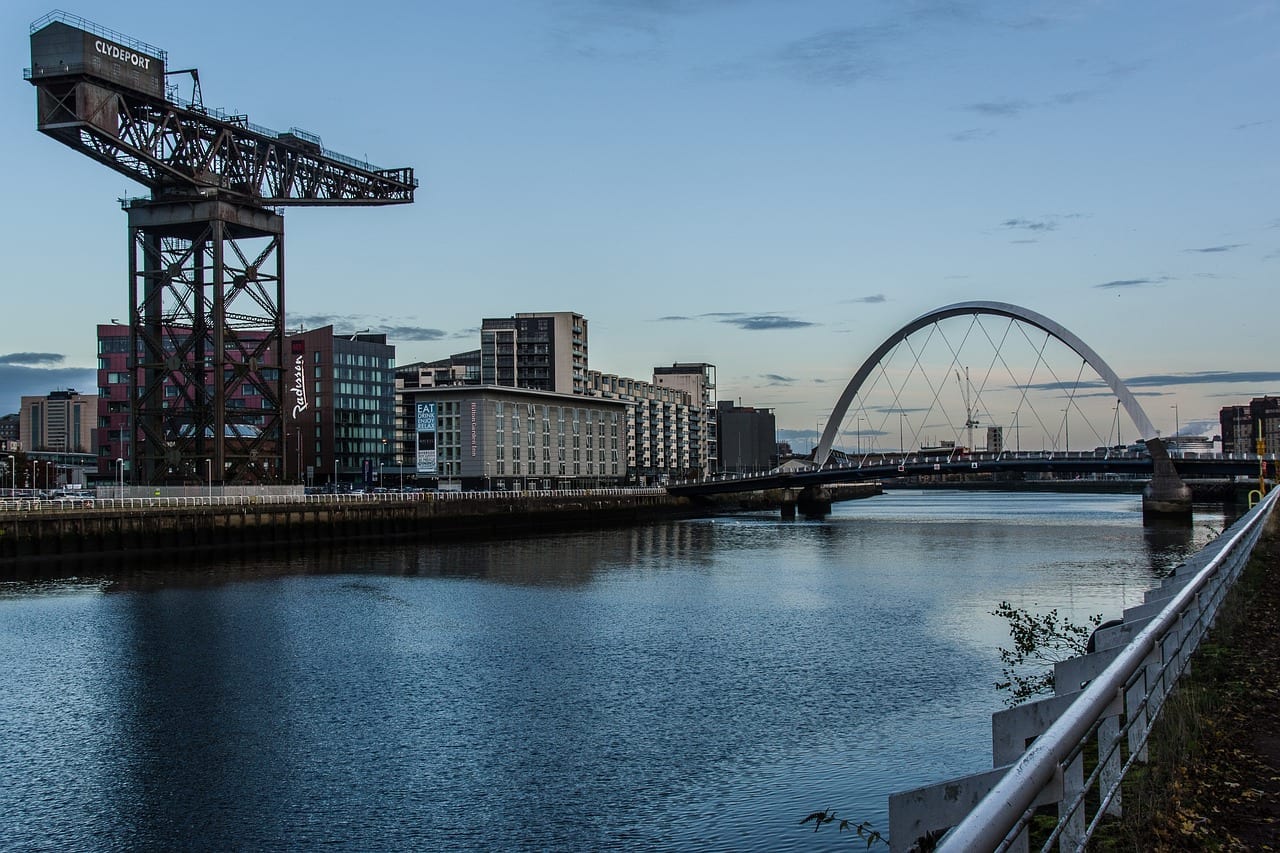Glasgow is one of most affordable major cities in UK, with rents rising at a slower rate than the national average
The average rent in the city is now £636 per month. But in Edinburgh, tenants fork out an average of £950 each month.
Glasgow is one of the most affordable major cities in UK, with rent increasing at a slower rate than the national average.
The figures, from Zoopla, show that the average rent in the city is now £636 per month.
In contrast, renters in Edinburgh pay over £300 more each month on average, with tenants in the capital forking out £950 a month.
The property firm’s figures show that rent in Glasgow in the final quarter of 2019 increased by 2.4 per cent.
Across the UK, the average monthly rent in the final quarter of 2019 was £886 – up by 2.6 per cent annually.
This was nearly double the 1.4 per cent annual growth in private rents seen a year earlier.
Some cities are seeing rents increase by five per cent or more annually, including Nottingham, Bristol and York.
The only major city cheaper than Glasgow in Scotland was Aberdeen, which was hit hard by the drop in oil prices. The average rent in the city is £597, down 2.9 per cent from the previous year.
Tax changes in recent years, which have eaten into landlords’ profits, mean the supply of rental homes has dwindled. At the same time, demand from tenants has increased, pushing rental prices upwards, according to the index.
It said the 2.6% annual increase in rents across the UK is the highest rate seen in three years.
Rents in London fell over 2017 and 2018, but they are now increasing by 2.8% – the highest rate for nearly four years.
The typical available supply of homes for rent, per estate agency branch, in London has declined by a fifth (20%) over the past two years, Zoopla said.
Research and insight director at Zoopla, Richard Donnell, said that new investment by landlords has fallen since the introduction of tax changes in 2016 and this has been felt most keenly in southern England where property values are highest and yields lowest. This is creating scarcity and explains why rents are rising.
He said that they expect rents to increase by 3.5% over 2020 as a lack of supply supports faster growth.






